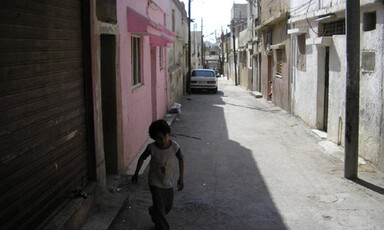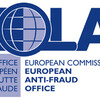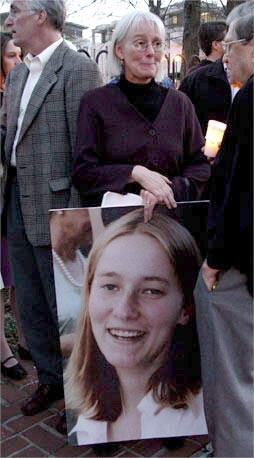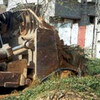
PA: Palestinian refugees' right of return paramount
15 March 2005
The Palestinian Authority has denied Israeli press reports citing concessions from President Mahmud Abbas on the issue of Palestinian refugees’ right of return. The Israeli newspaper Haaretz on Monday quoted unnamed Palestinian sources as saying that Abbas would present Palestinian leaders, who are due to meet in Cairo on Tuesday, with a new position on the “right of return”. The new position would seek to convince faction leaders to recognise that the refugees’ right of return could not be implemented in full given current political and demographic realities, Haaretz said. The PA called the report a “fabrication”. Read more about PA: Palestinian refugees' right of return paramount








